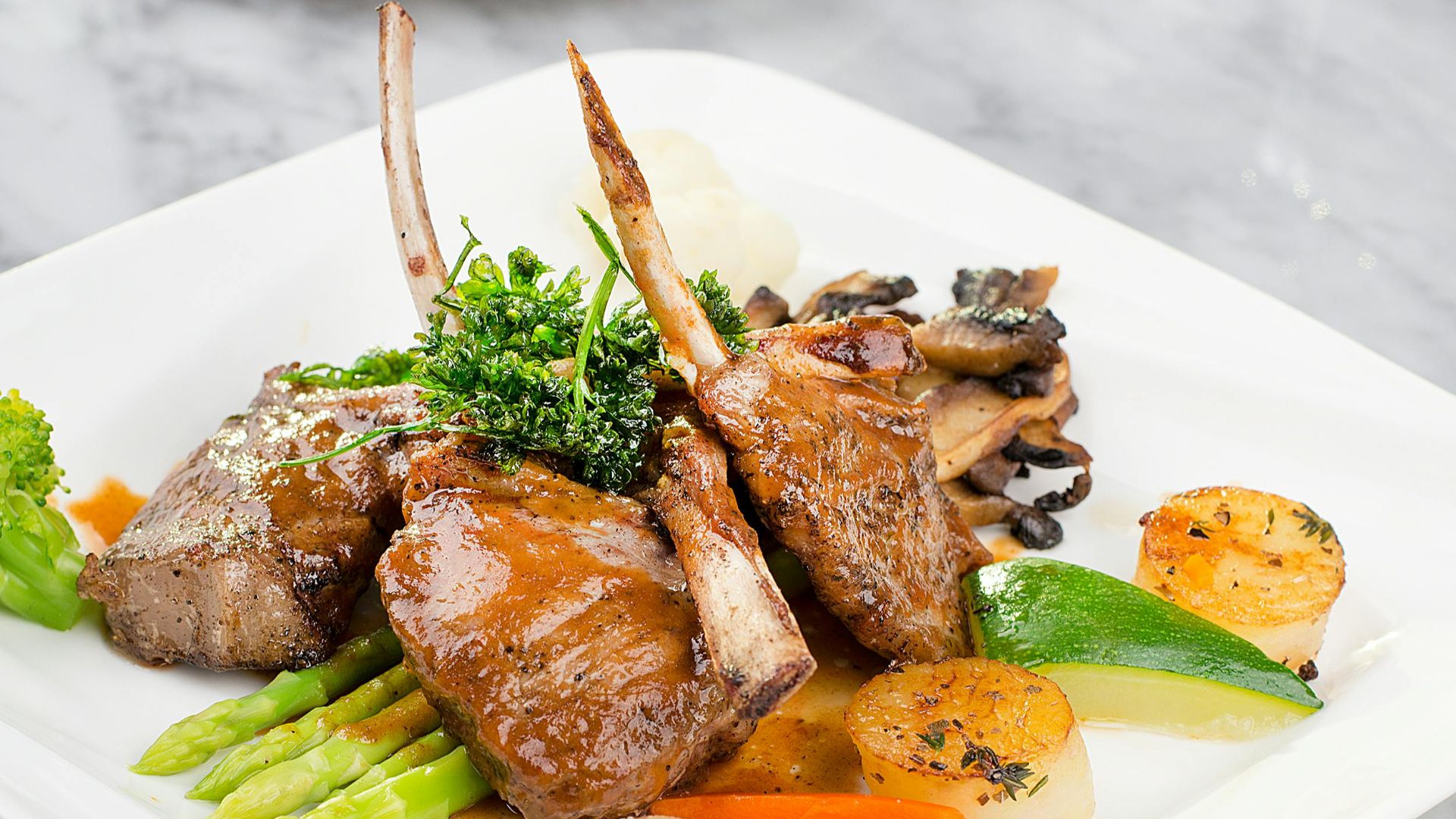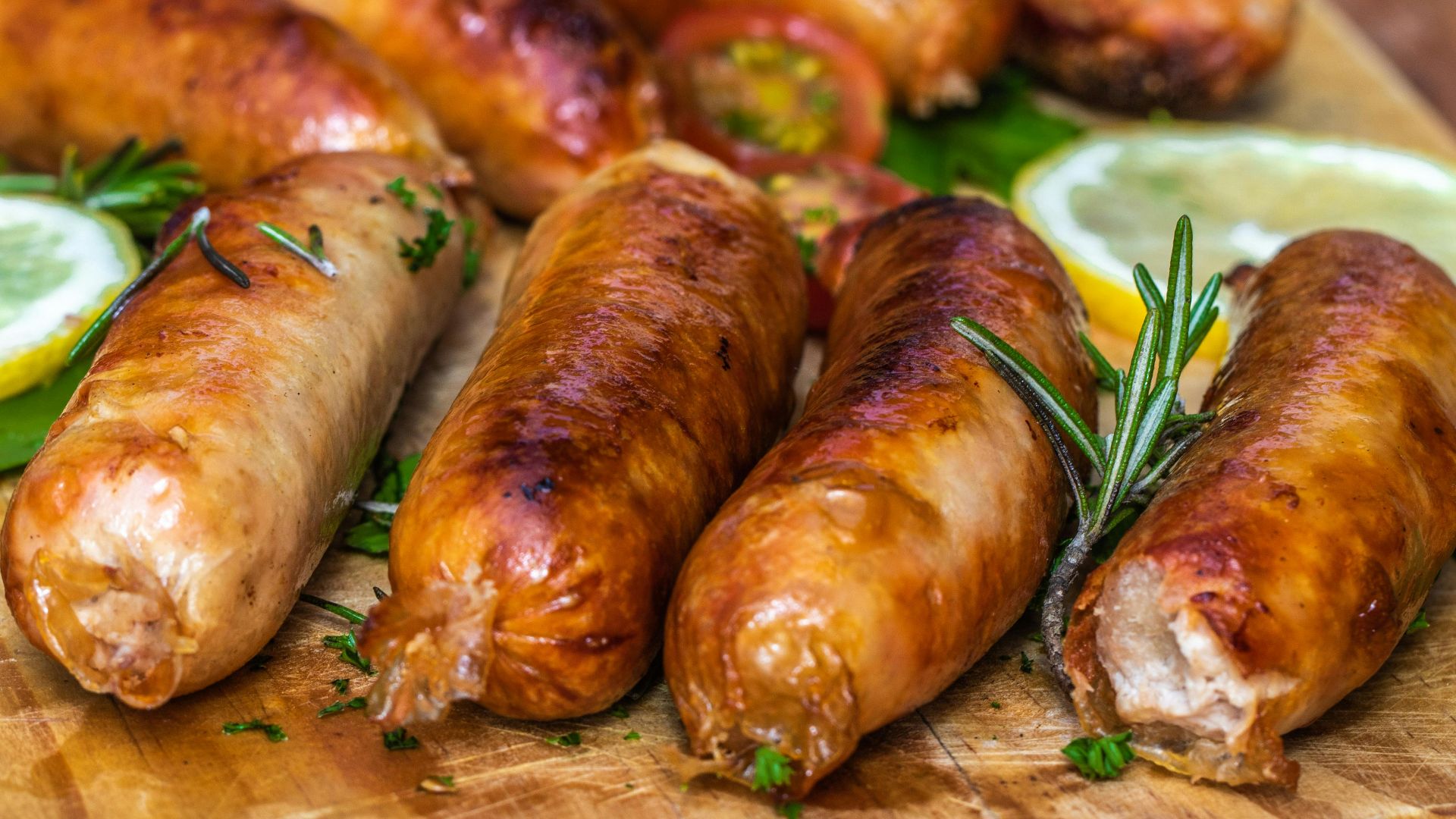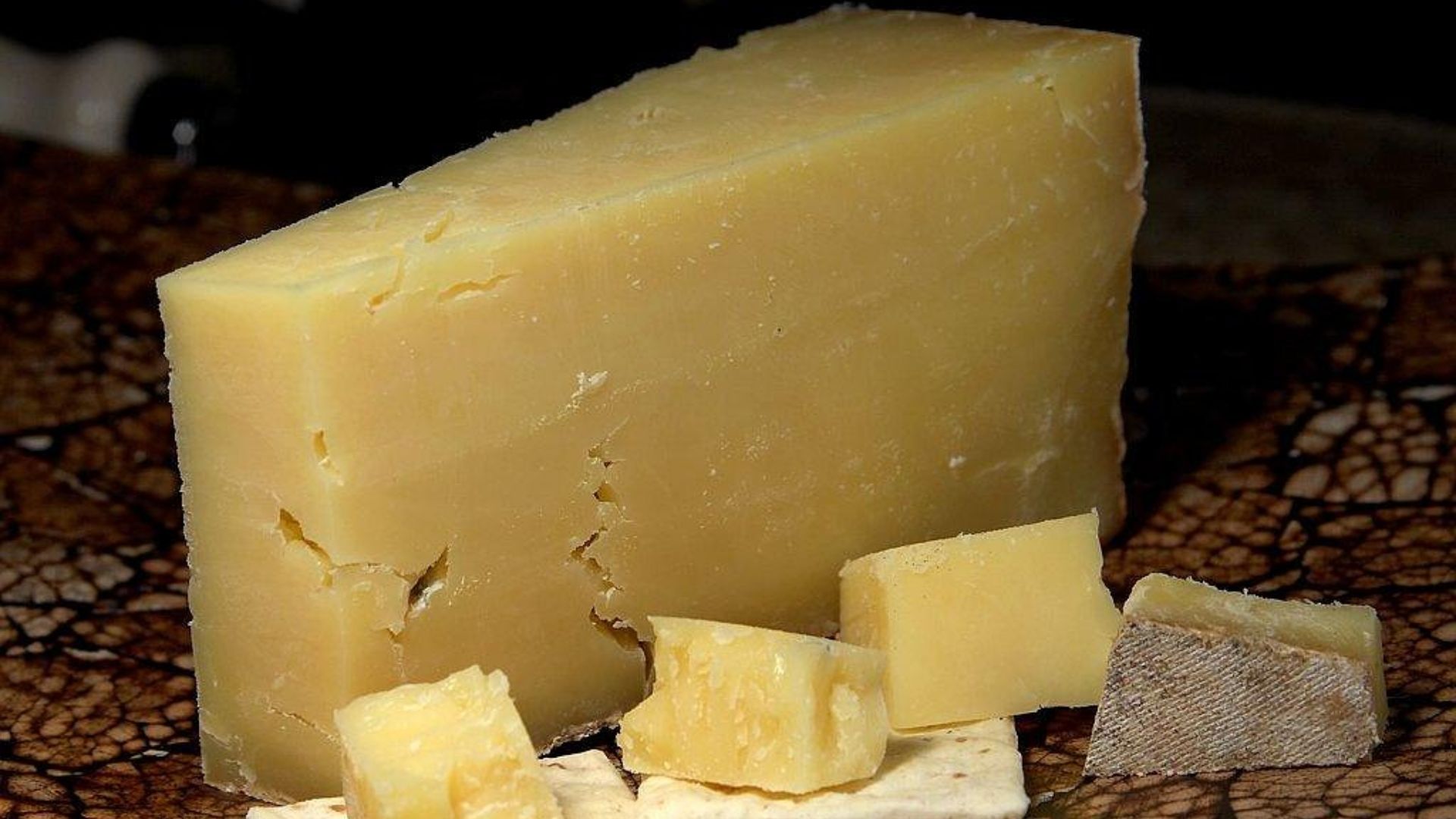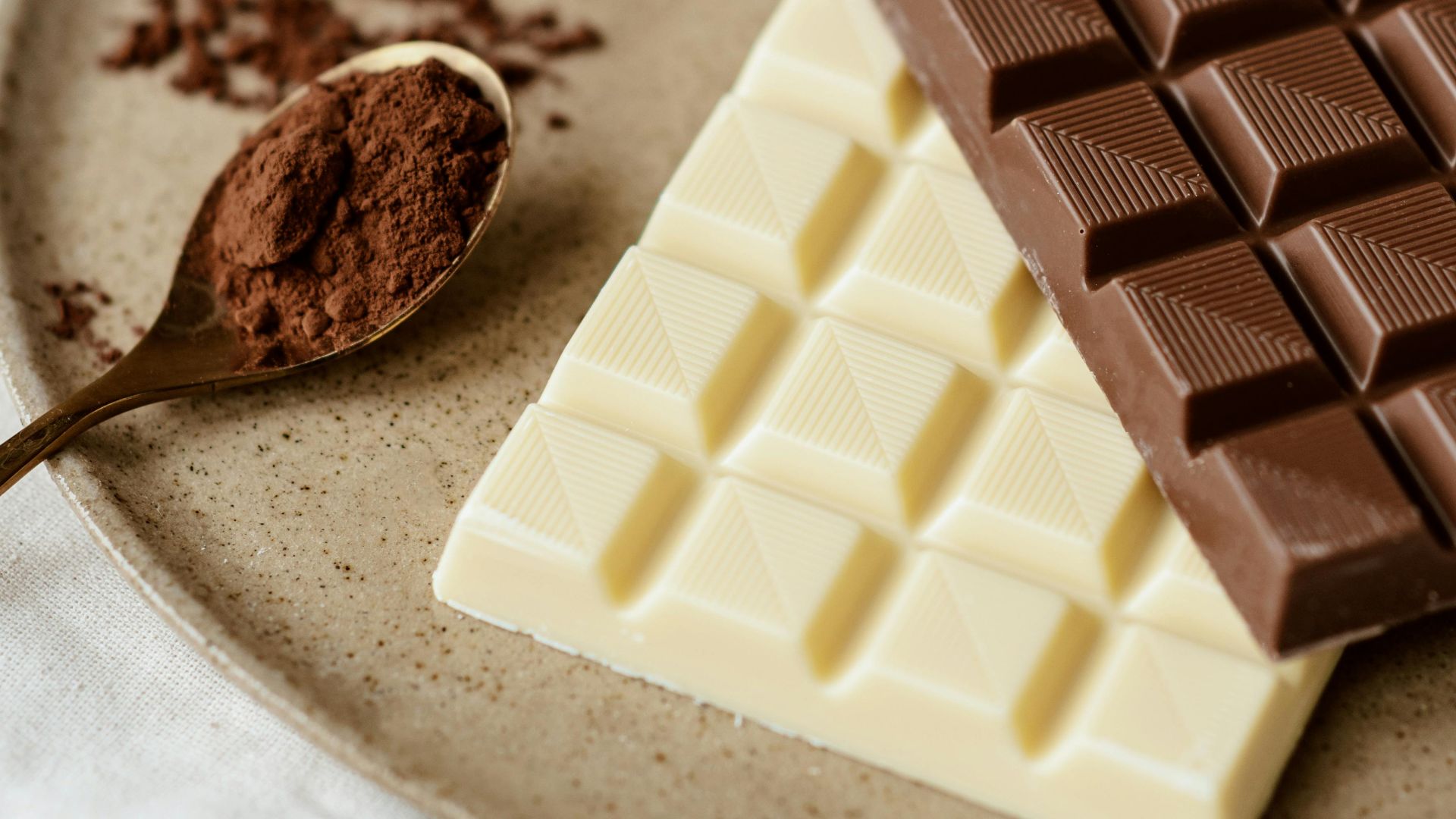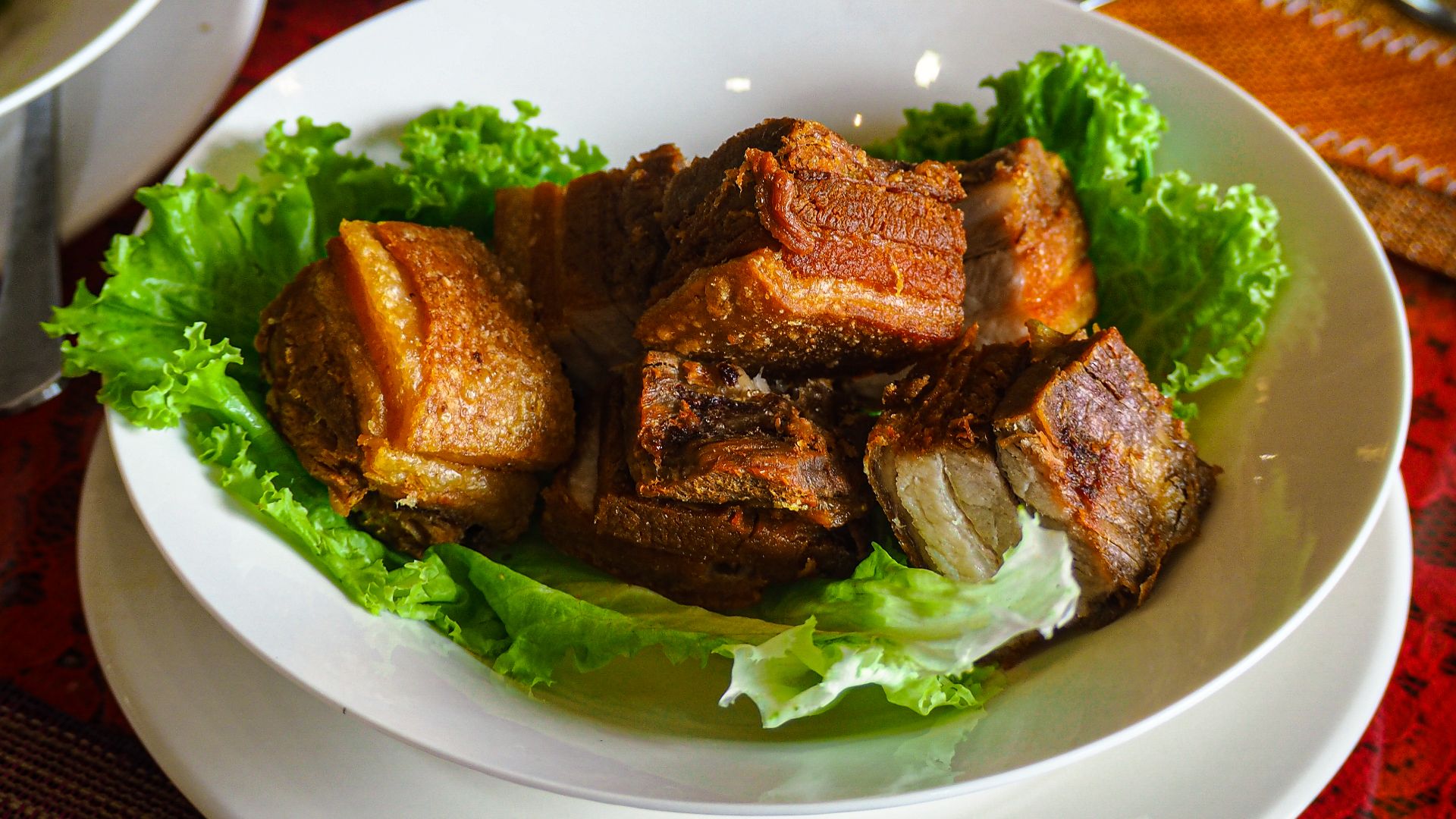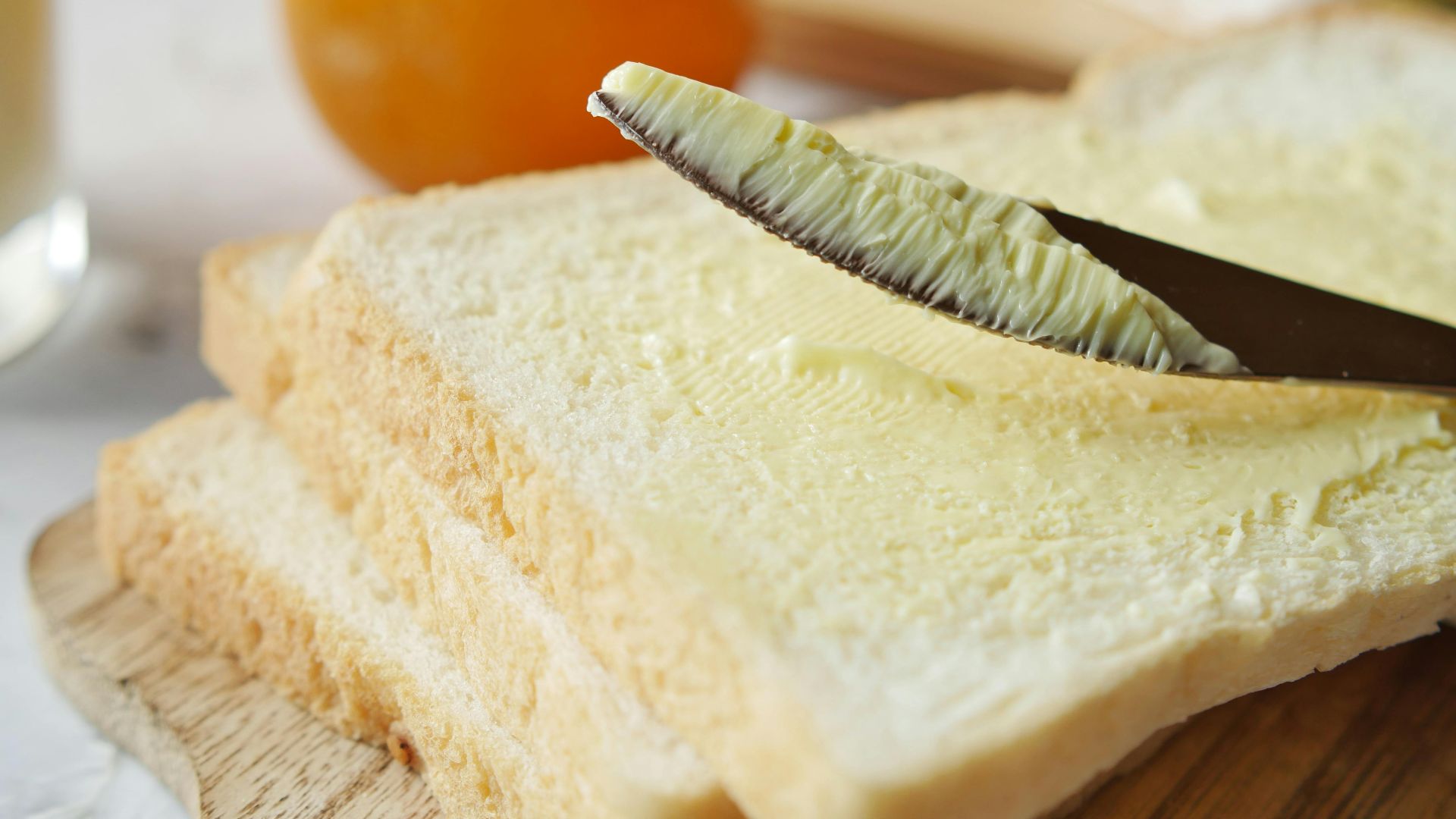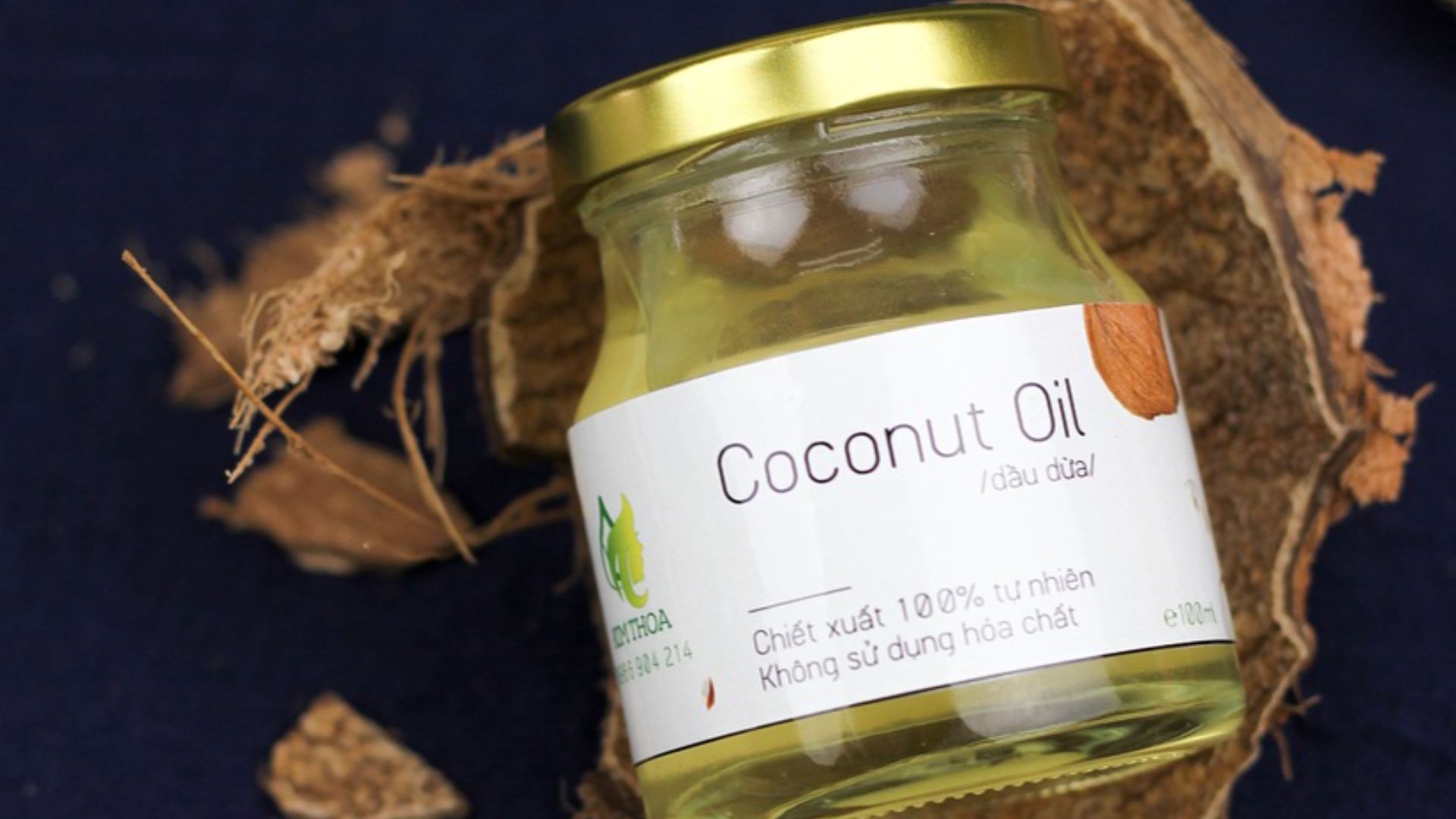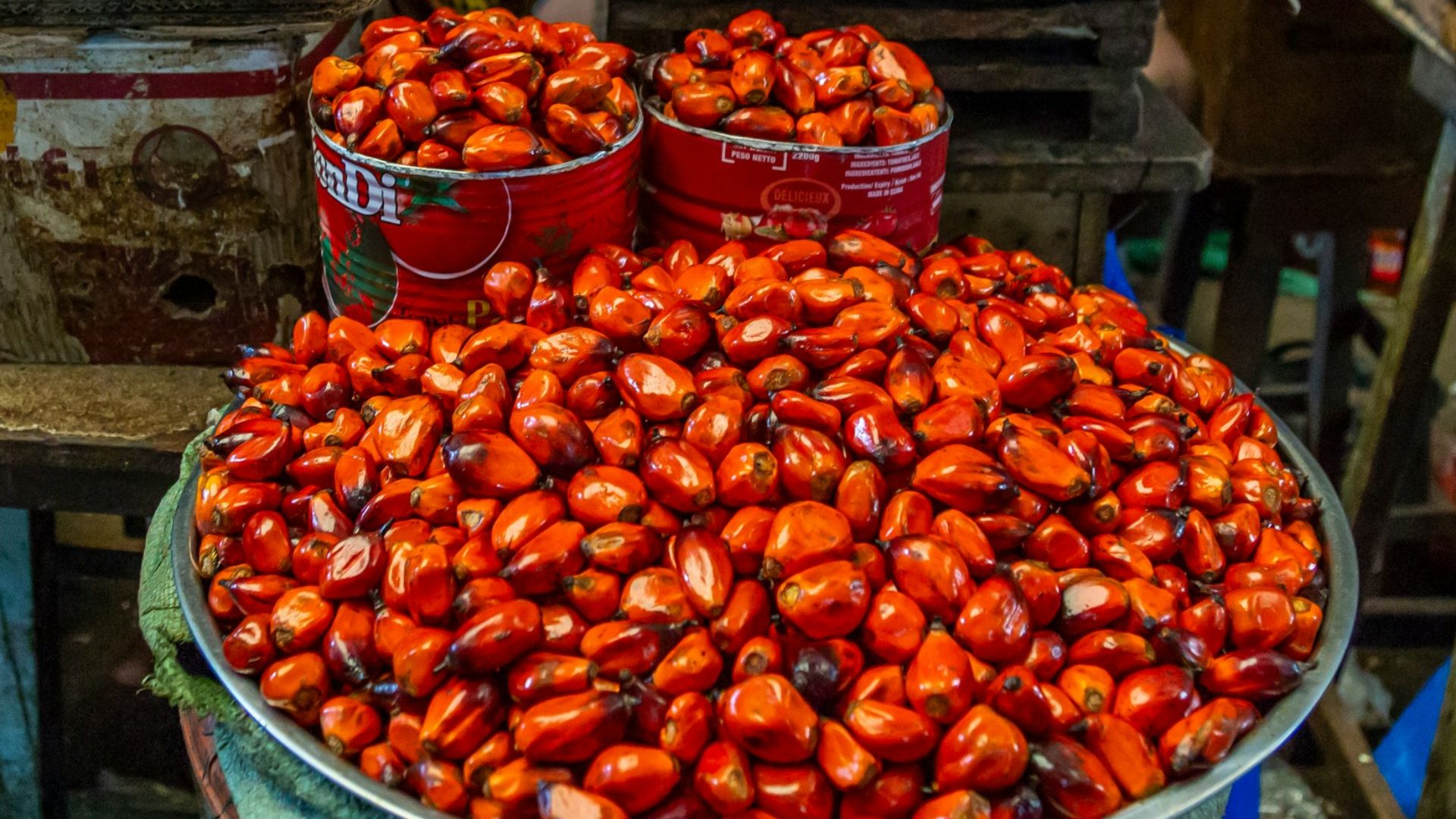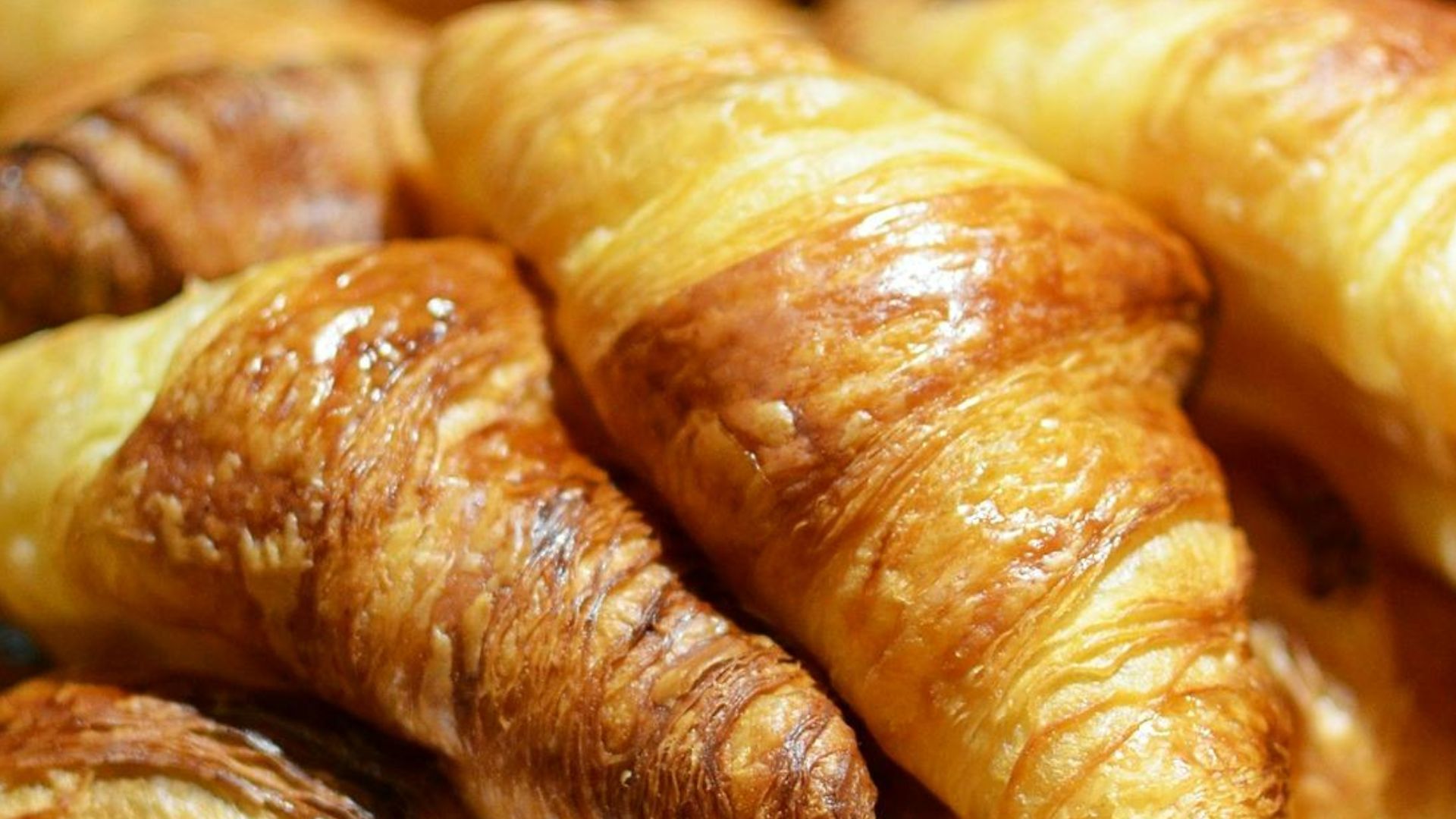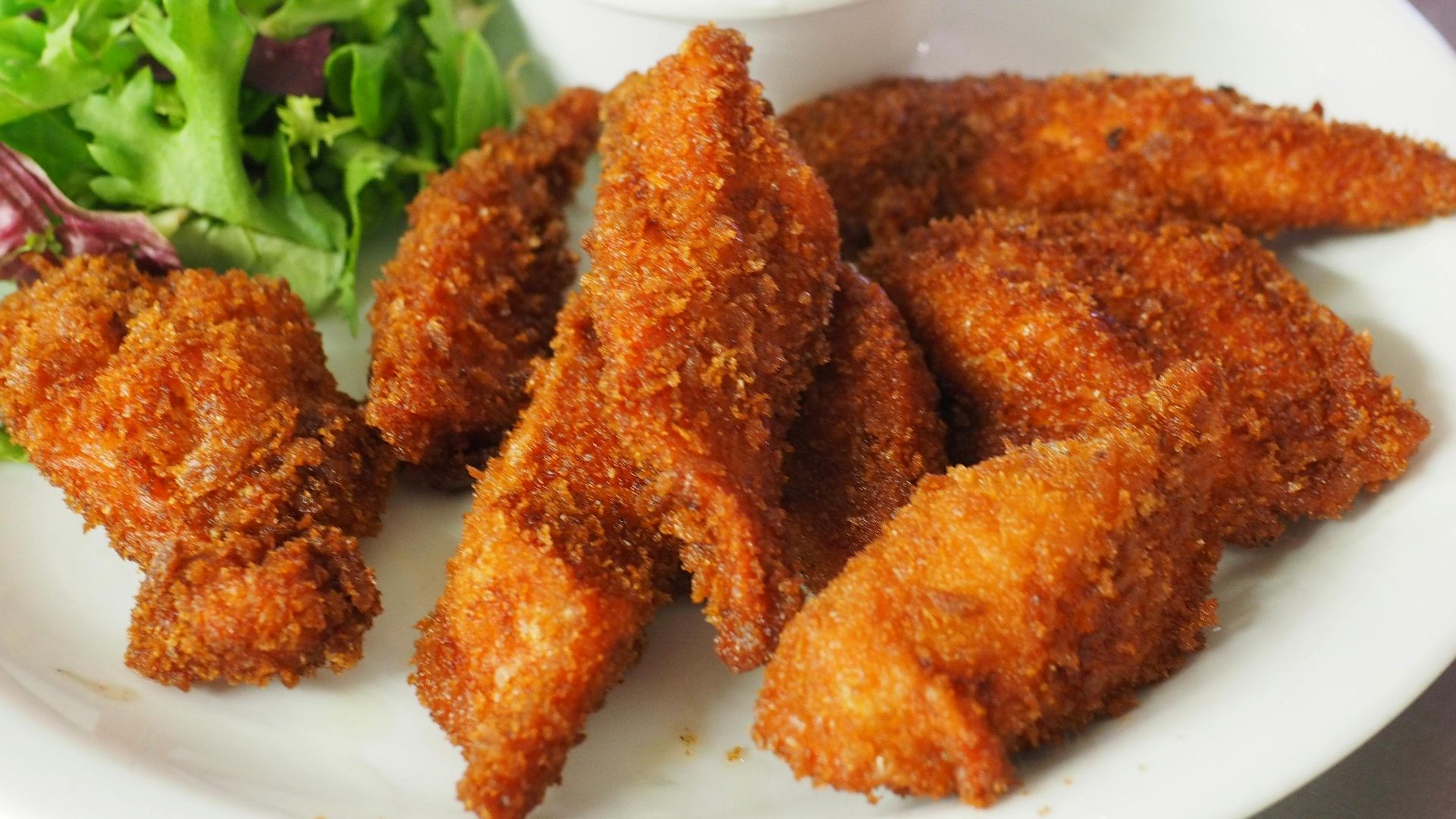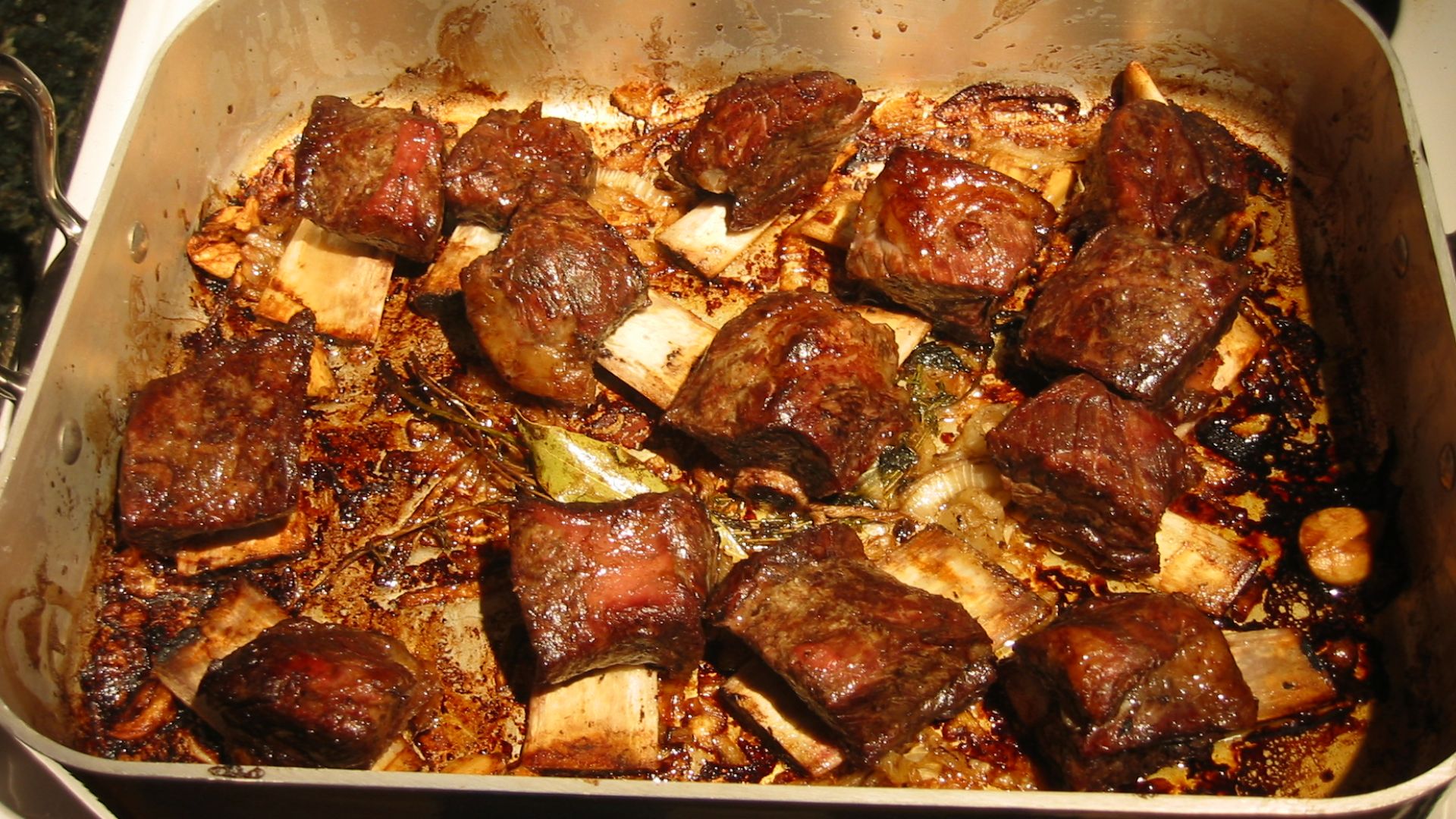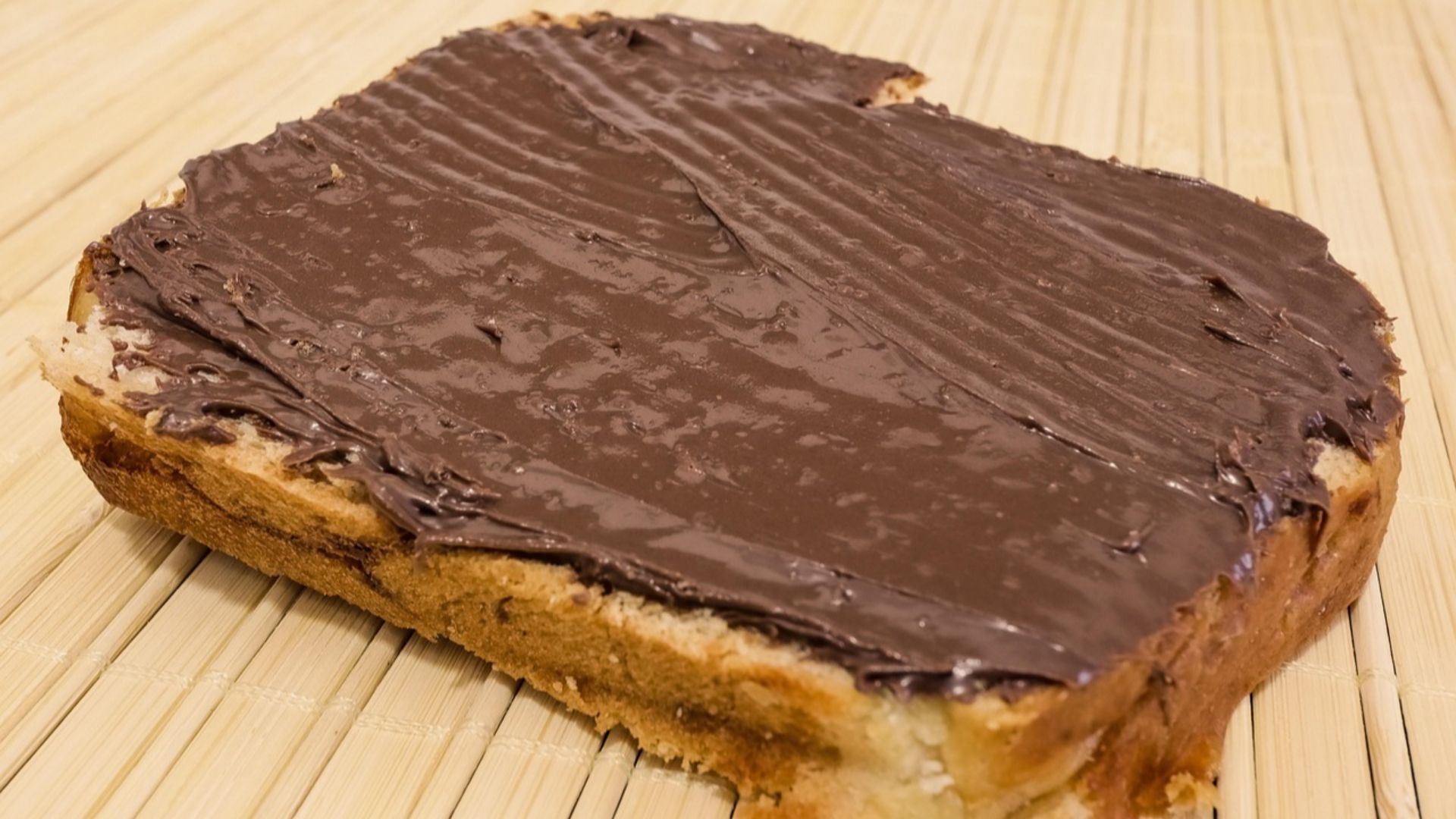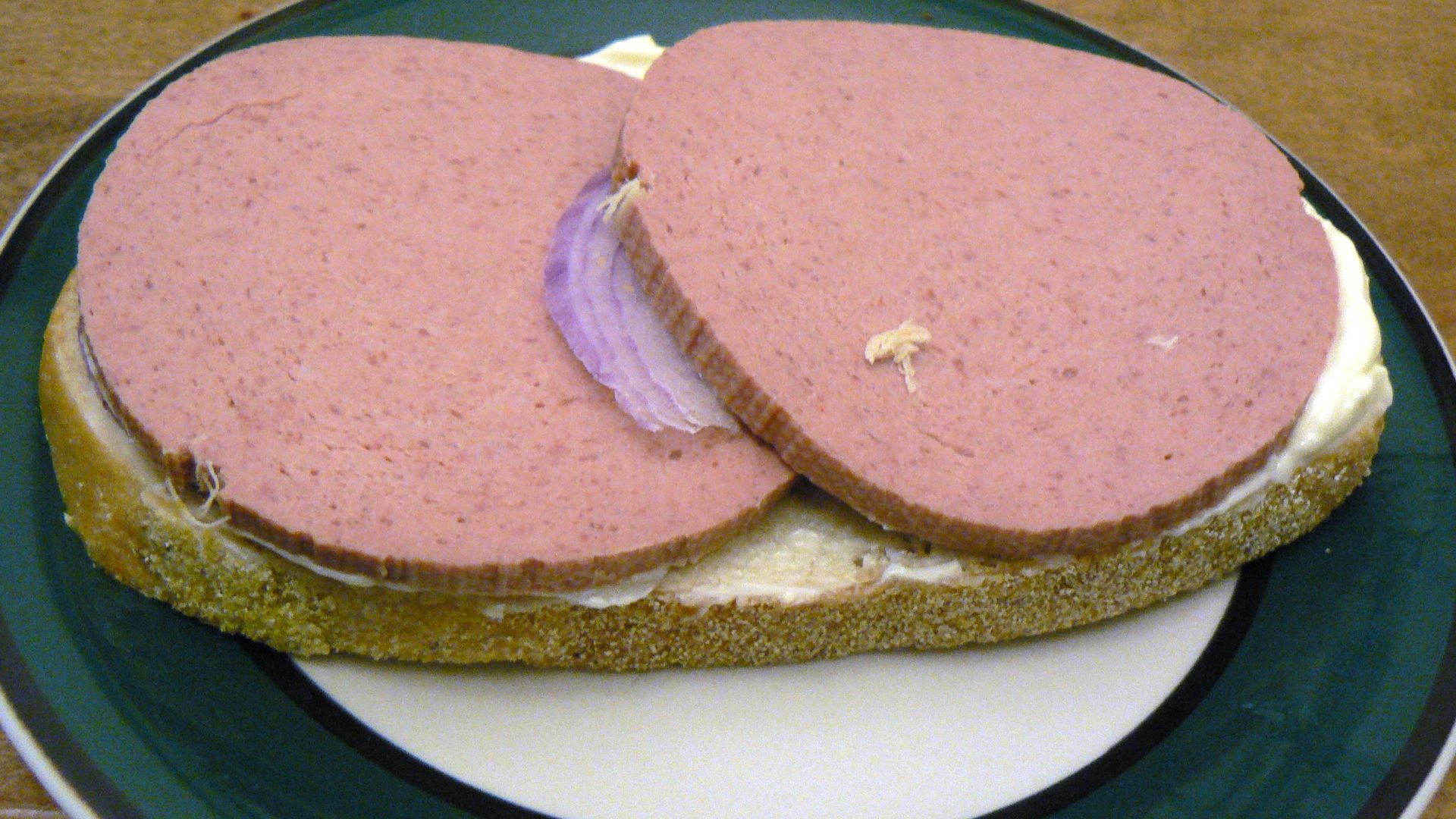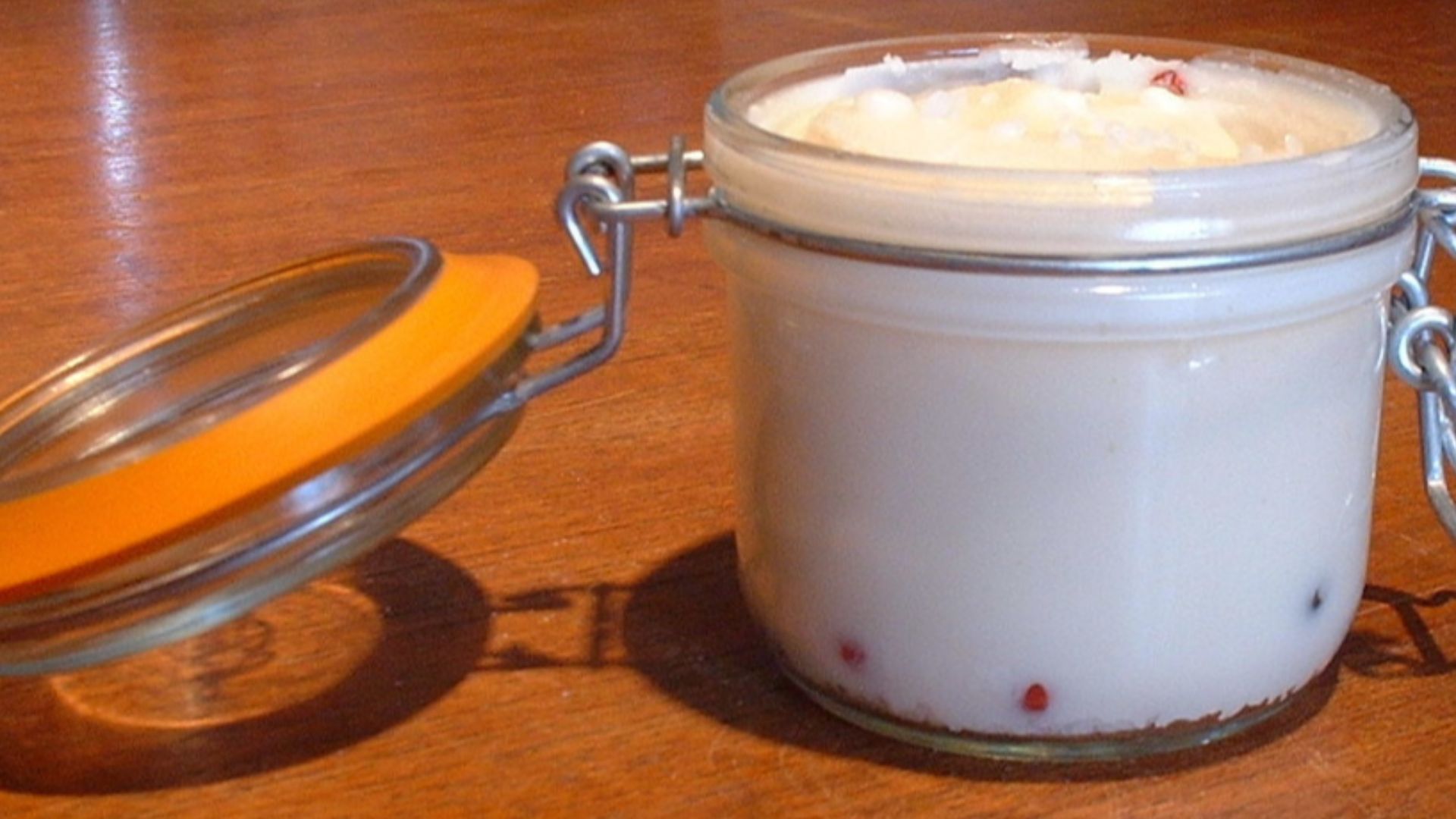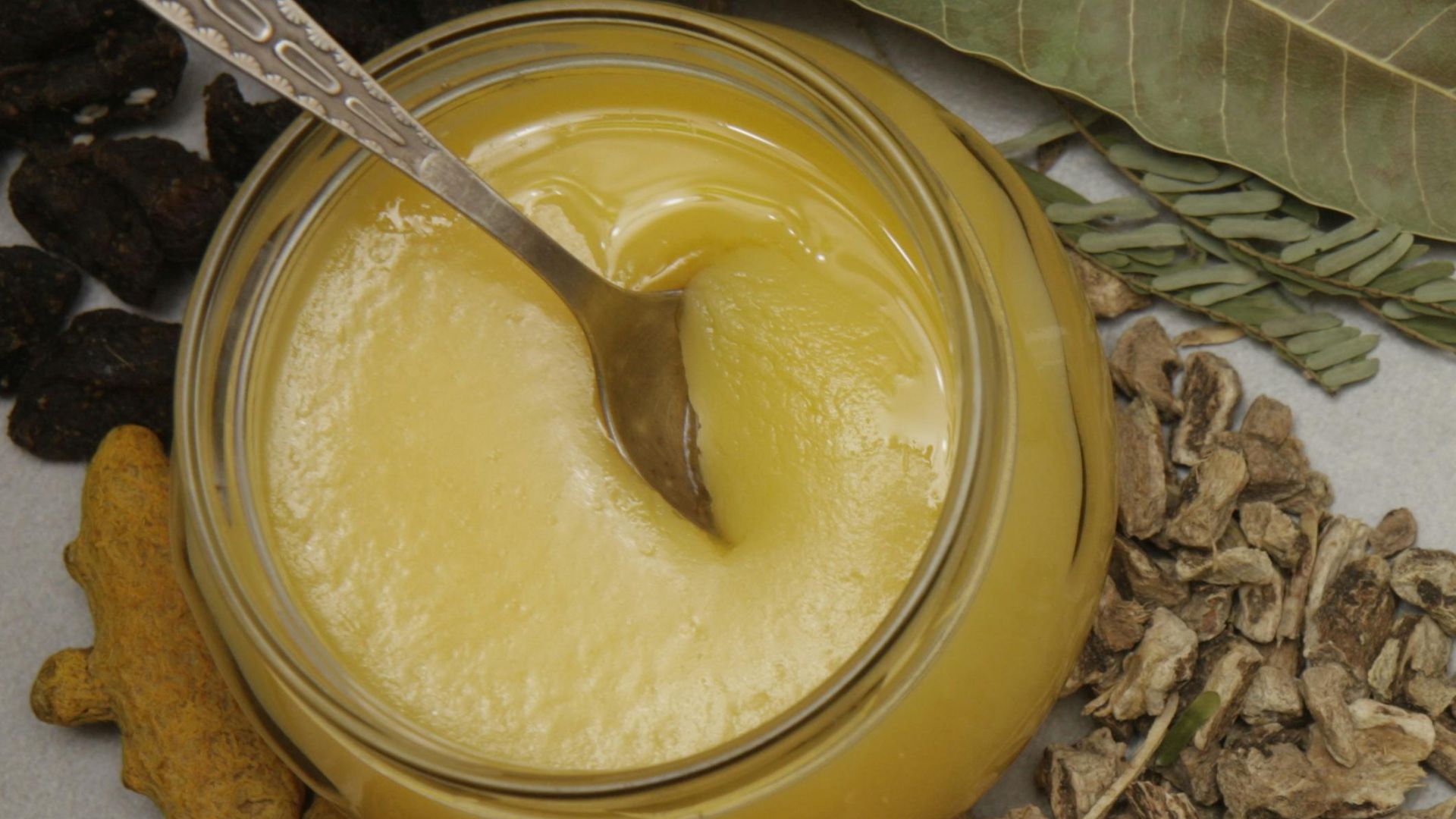Don't Let Fat Sneak By
Some foods slip into our day without a second thought—a slice of this, a spoonful of that. Over time, they bring in more saturated fat than most realize. You don't need a complete overhaul, and values can vary among brands, so check the packaging. Here is a heads-up on what to keep an eye on.
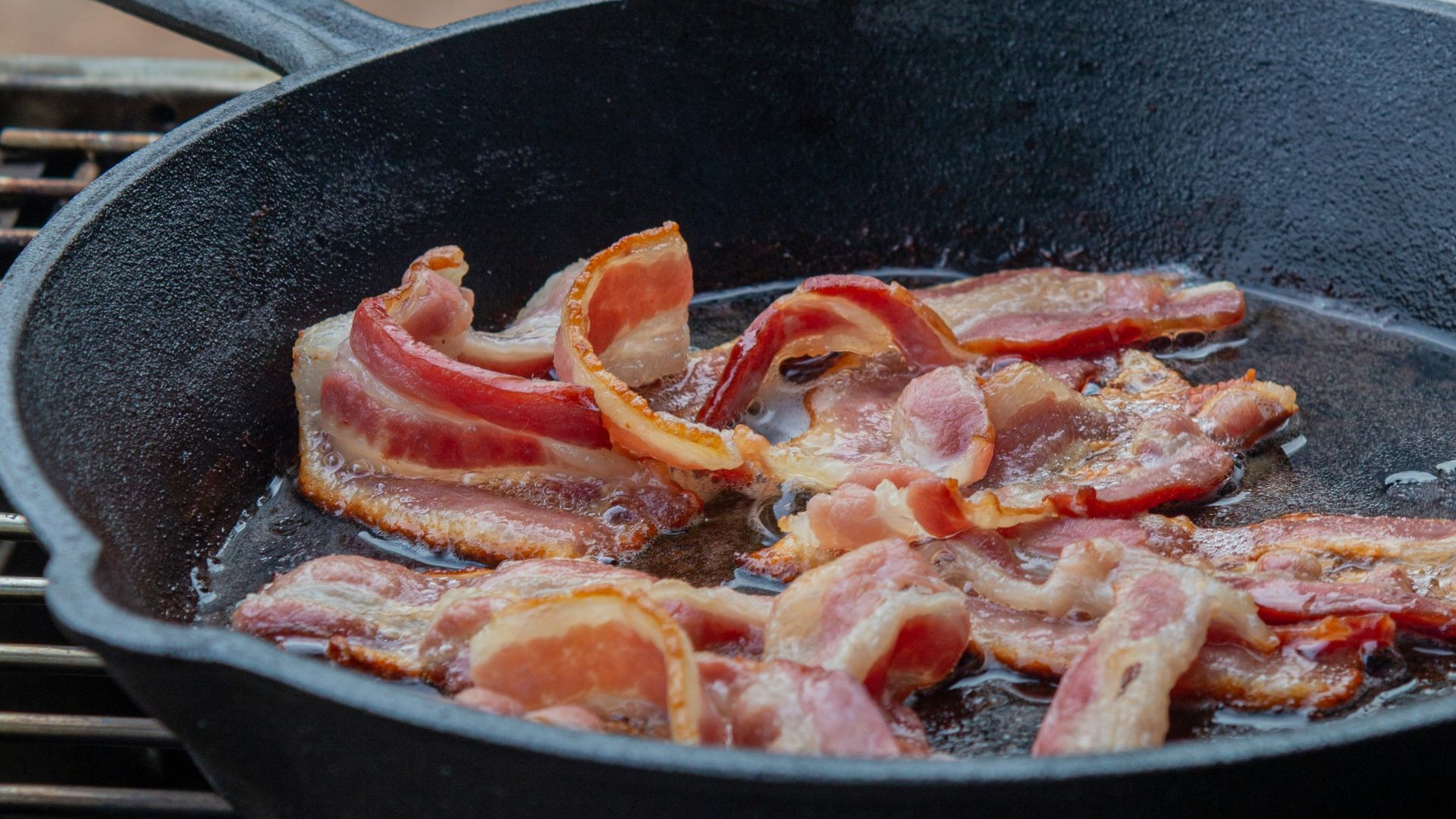 Michelle @Shelly Captures It on Unsplash
Michelle @Shelly Captures It on Unsplash
1. Fatty Cuts Of Lamb (9 Grams Per 3-Ounce Serving)
Grabbing lamb shoulder or ribs at dinner might feel indulgent, but they sneakily pack fats and boost cholesterol markers that fuel heart disease. The kicker? Unlike leaner meats, they're harder to metabolize, especially for people with a sedentary lifestyle.
2. Bacon (6 Grams Per 2 Slices)
Bacon is a tiny strip of nostalgia laced with health consequences. It's linked to higher inflammation and decreased arterial elasticity over time. Moreover, the saturated fat profile hits your blood lipids hard. Daily eaters take note: this habit adds up quicker than you think.
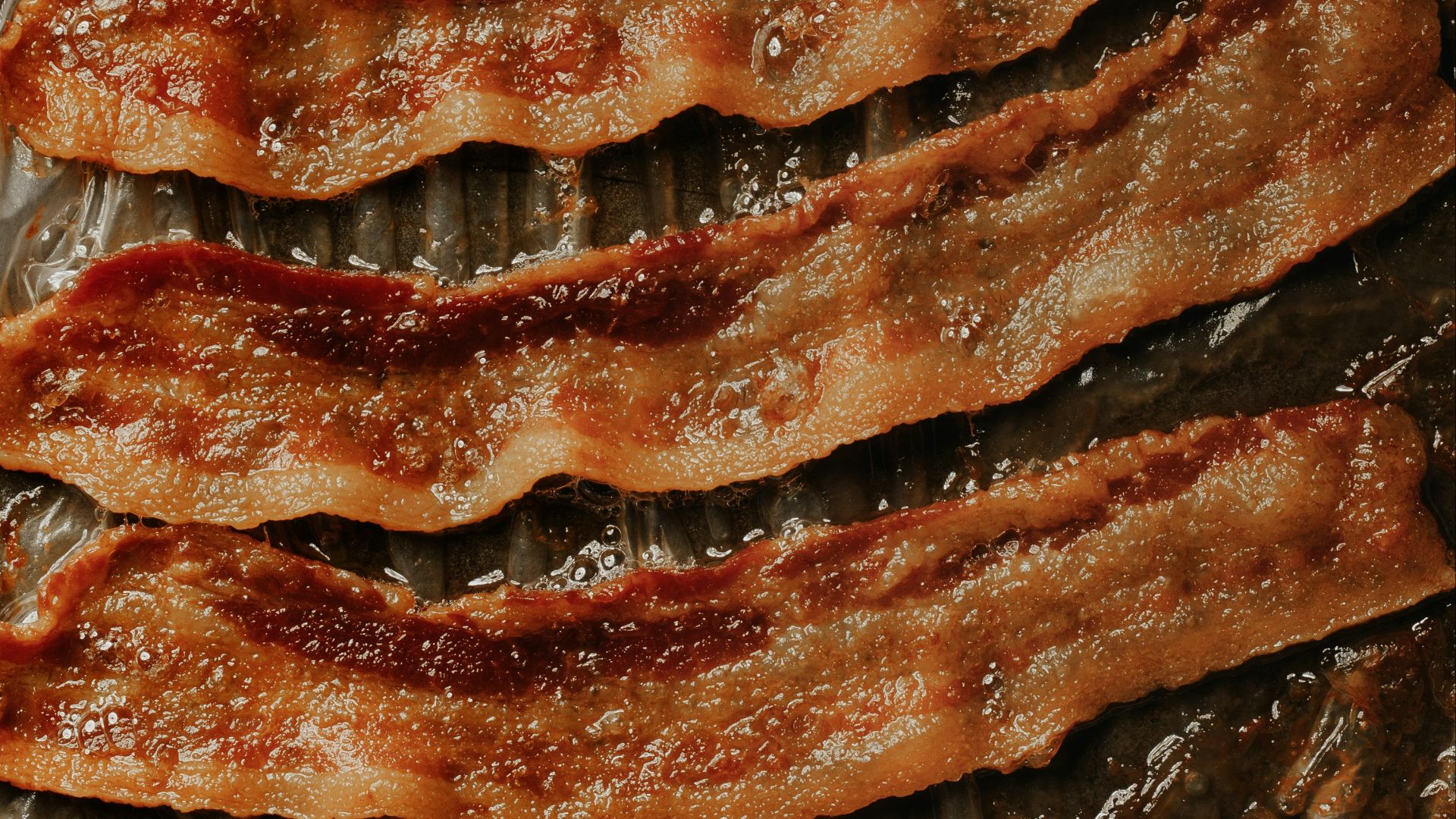 Wright Brand Bacon on Unsplash
Wright Brand Bacon on Unsplash
3. Pork Sausages (9 Grams Per Link)
Heavily processed and rich in saturated lipids, sausages trigger spikes in LDL without offering any balancing nutrients. Regular consumption also intensifies insulin resistance, especially in people predisposed to metabolic syndrome. That "protein fix" actually nudges your body toward inflammatory pathways.
4. Duck Fat (14 Grams Per Tablespoon)
It's a fancy addition, but it's functionally problematic. Duck fat lacks the omega-3s found in better fats like flax or walnut oil and is more prone to lipid oxidation at high heat. Oxidative stress affects your blood vessels and could push you further from ideal cholesterol ratios.
 Introducing DUCKCHAR Duck Fat | DUCKCHAR by DUCKCHAR
Introducing DUCKCHAR Duck Fat | DUCKCHAR by DUCKCHAR
5. Cheddar Cheese (6 Grams Per Ounce)
Saturated-fat-dense cheeses like cheddar slow down lipid clearance in the bloodstream, even hours after digestion. That post-meal heaviness? It's not imagined. This cheese may impair arterial function when consumed in excess. Small amounts are fine, but your snack board shouldn't rely on these blocks.
6. Whole Milk (5 Grams Per Cup)
This coffee companion shifts how your body handles fats. Homogenized milk has a debated ongoing conversation on increased fat absorption compared to skim. And if insulin sensitivity matters to you, there's a link to higher diabetes risk. Creamy oat milk works better for cholesterol and still gives your latte that cafe feel.
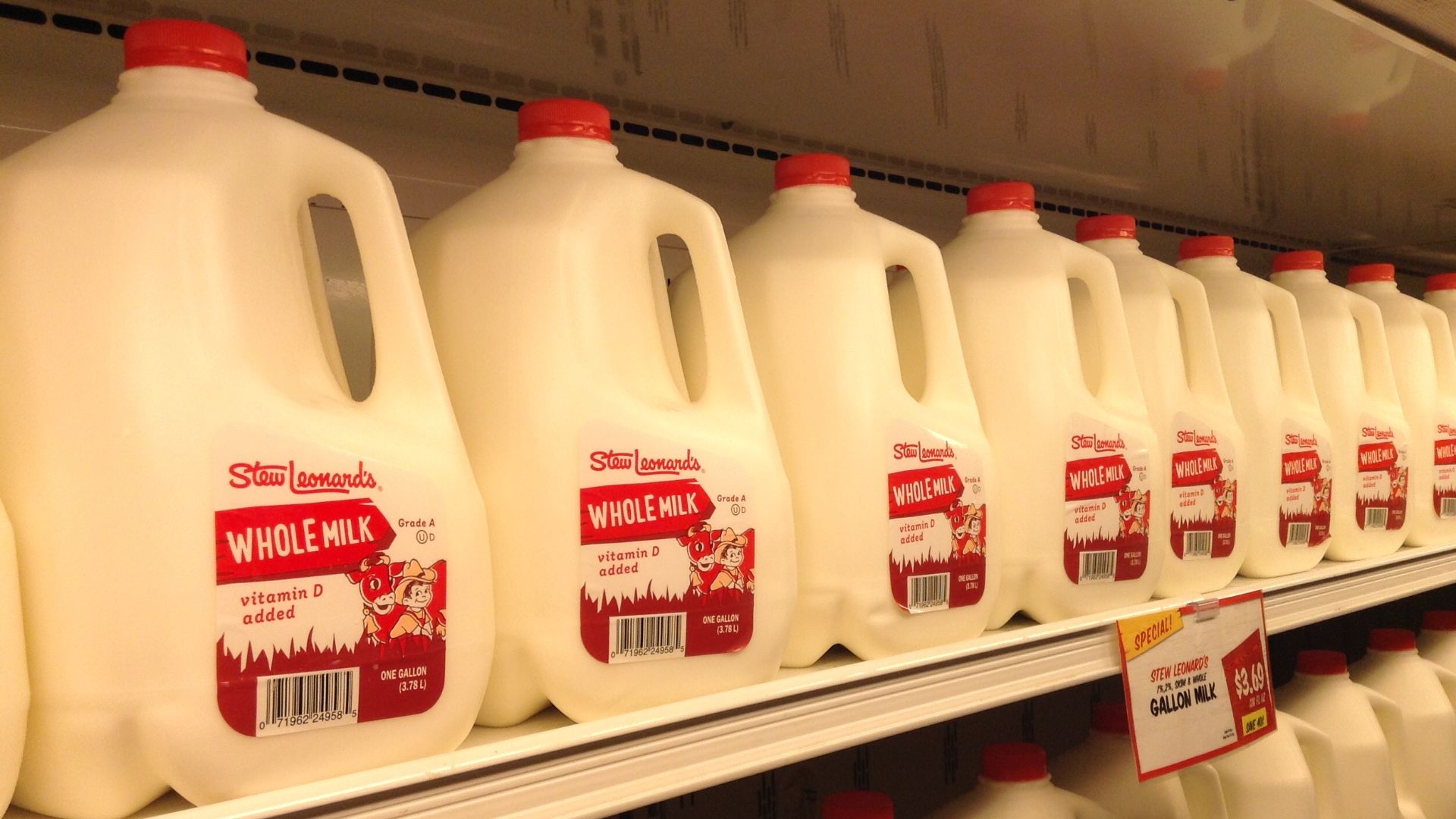 Mike Mozart from Funny YouTube, USA on Wikimedia
Mike Mozart from Funny YouTube, USA on Wikimedia
7. Ice Cream (5 Grams Per Scoop)
Late-night cravings meet a hidden double punch—fats paired with sugars that spike triglycerides fast. It's a caloric issue, plus the combo can mess with your gut microbiome. Premium brands go denser than budget tubs. Sorbets or frozen yogurts can scratch the itch instead, without the metabolic chaos.
8. Milk Chocolate (7 Grams Per 1.5-Ounce Serving)
Processing milk chocolate involves extra milk solids and cocoa butter, both known to push LDL cholesterol higher. A 1.5-ounce bar clocks in at around 230 kcal, making it a deceptively easy contributor to weight gain when eaten regularly.
9. Pork Belly (16 Grams Per 3-Ounce Serving)
Comfort food, yes—but pork belly drives up visceral fat, the type that wraps around your organs. One serving can deliver around 61mg of cholesterol. Braising locks in fat, while grilling loses some of it. On the other hand, pork loin or tenderloin gives you a similar texture with fewer long-term risks.
10. Butter (7 Grams Per Tablespoon)
Using it in your scrambled eggs? Delicious. But it stiffens arteries by disrupting endothelial function. Salted butter also adds sodium, around 100mg per tablespoon. Sub in olive oil for a heart-health win, or try half-applesauce in baking to soften the load without sacrificing moisture.
11. Coconut Oil (11.8 Grams Per Tablespoon)
If you're using coconut oil for cooking, it's important to remember that it's solid at room temperature. For heart health, olive or avocado oil is a much better go-to for daily use. While coconut oil is a popular choice, the high level of saturated fat can raise LDL cholesterol.
12. Palm Oil (6.7 Grams Per Tablespoon)
Palm oil's neutral flavor is a hidden source of saturated fat in many processed foods. Regular consumption can affect your cholesterol levels and increase inflammation in the body. Swap it out for heart-healthier options like sunflower or canola oil instead.
13. Croissants (6 Grams Per Small Croissant)
Each golden croissant hides a recipe built on precision and a lot of butter. Traditional laminated dough folds fat into the flour again and again, creating flaky layers that dissolve fast and digest even faster. It is not exactly a win for stable energy or lipid health, no matter how Parisian the vibe is.
14. Fried Chicken (10 Grams Per Piece With Skin)
It’s usually double-dipped and then soaked in reused oil. That reheated oil changes structurally, producing harmful compounds that disrupt cellular health. Combine that with skin-on dark meat, and you've got a cheat meal that is a metabolic curveball in disguise.
15. Beef Short Ribs (8 Grams Per 3-Ounce Serving)
Braised short ribs may fall off the bone, and they also fall straight into the category of high-fat, slow-digesting red meats. The saturated fat content here affects inflammation and oxidative stress, especially when eaten regularly.
16. Coffee Creamers (2 Grams Per Tablespoon)
Sure, it makes your coffee creamy, but those hidden sugars spike triglycerides, adding unnecessary fat to your diet. Want a healthier alternative? Oat milk or almond milk—no cholesterol, just a smooth, creamy texture.
17. Chocolate Spreads (3.5 Grams Per Tablespoon)
Chocolate spreads are tough to resist, but each tablespoon contains around 10g of sugar, which could lead to weight gain. How about trying almond butter for a spread? With less sugar and more protein, minus the palm oil from cheaper spreads, it's a win.
18. Pâté Or Liverwurst (5 Grams Per 2-Ounce Serving)
Pâté and liverwurst may seem luxurious, but they come with high fat and cholesterol. Just a small serving can hit your arteries with 100mg of cholesterol, nearly a third of your daily limit. Regular intake can heighten LDL levels, placing extra strain on arterial health over time, even in younger individuals.
19. Beef Tallow (6 Grams Per Tablespoon)
Once prized for its high smoke point, beef tallow's comeback in modern kitchens isn't without consequences. Regular use has been associated with raised LDL cholesterol, contributing to arterial stiffness over time. It's especially common in commercial fryers, where taste compromises health.
20. Ghee (9 Grams Per Tablespoon)
Ghee's rich, nutty flavor tastes great in curries and on toast, but its high-fat content can harm heart health over time. Sure, you can still enjoy it occasionally, but for regular consumption, go for canola oil, which supports cardiovascular health with less risk.
KEEP ON READING

Here's How To Make The Ultimate Hot Chocolate

Organic Food Is a Status Symbol Now



